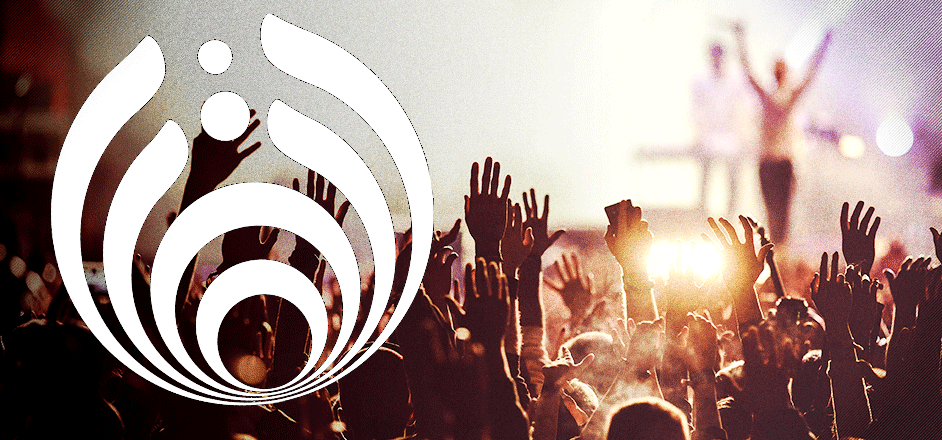The #MeToo movement has churned up allegations of sexual misconduct, harrassment, and assault in just about every industry. Music, and EDM in particular, was not safe from the onslaught of accusations, rumors, speculation, and legal proceedings. Some bad press and descriptions of deplorable behavior is often enough to end the careers of even the biggest names in the scene, or at least usher them into an early retirement. We won’t get into the details of the many cases here as they have been widely publicized elsewhere. This is to address the latest developments (or lack thereof) when it comes to the (alleged) abusers and how to handle cancel culture.
When a popular artist gets cancelled, the blow back is usually a mixture of condemnation and outrage followed by fans wondering when, if, and how they might make a comeback. The most recent, and flimsiest, example of this is Bassnectar. He did release a statement about his retirement and lightly addressed the allegations against him in June of 2020. Then… silence. Until someone posted an old EP of remixes to his Soundcloud page in early December 2021. It’s not available for streaming in the US, and the songs have already been released for going on a decade. That didn’t stop diehard fans and former Bassheads from speculating wildly online about what it could mean. The songs are playable in Europe. Could it be a hint at an upcoming European tour? SJW fans aren’t ready yet. Illenium apologized for unknowingly playing a Bassnectar track at Ember Shores festival.
Another casualty of social media fueled criminal sexual allegations was Space Jesus. Like everyone facing similar issues, he was quick to deny any wrongdoing. And now he has flipped the script to press charges against his accuser. If he does come out of this unscathed, he can point to the legal case as proof that he shouldn’t be cancelled. Could the charges be false? If they are, would Space Jesus be welcomed back to the scene? Not believing victims is a huge part of why this kind of problem is systemic, but making fake rape allegations can destroy someone’s life and should also be met with serious legal ramifications.
The best (worst) example of someone in EDM who was cancelled and attempted a comeback is Datsik. When his misdeeds came to light in 2018, he stepped down from running his label, stopped touring or putting out music, and sought help for his substance abuse problem which he used to deflect blame. Interactions with fans hinting at a return were posted online, encouraging him to continue with his music career. He even released four songs last year from a project called Afterlife, including the cringey single titled “Cancelled.” But there was never an official drop and he has been off the radar since summer 2020.
These cases and others bring up a lot of important ongoing issues and questions for fans, the industry, and the culture in general. Is it okay or even possible to separate the art from the artist? What tattoo am I going to get to cover up this bassdrop logo? What is the correct response to these kinds of allegations made on social media before there is a trial to prove the guilt or innocence of those involved? Blindly supporting someone who might be guilty of sex crimes probably isn’t the best idea, but it can be hard to let go if your favorite artist turns out to be a rapist behind the scenes.
The latest allegations to gain traction just this month on Twitter are against 12th Planet, Trampa, and Gammer. So far, none of these artists have addressed the accusations or had any career ending actions taken. Other artists in the EDM scene with criminal sexual charges or accusations include Diplo, Snails, The Gaslamp Killer, Graves, Derrick May, Jubee, and many others. Why do you think this is such a widespread problem? The imbalance in power and economic status between the DJs and the victims brings doubt to both sides of the argument, and we all know the legal system is skewed for the rich. Are people that thirsty for internet clout or invested in taking down celebrities that they would resort to making up fake stories of sexual trauma?
Cancel culture really boils down to personal choice, where you as a media consumer can choose to support an artist or not. You can choose, on a case by case basis, what you think about the circumstances. And that opinion can change as new developments come to light. Some fans will proudly choose to support the work of someone who is guilty of terrible crimes, and some people aren’t even able to enjoy work made by someone who was accused and not found guilty. But don’t let me mansplain it to you. You have the freedom to make up your own mind. But you probably won’t be hearing any Bassnectar, Datsik, or Space Jesus tracks dropped at live shows or festivals anytime soon.



Leave a Reply